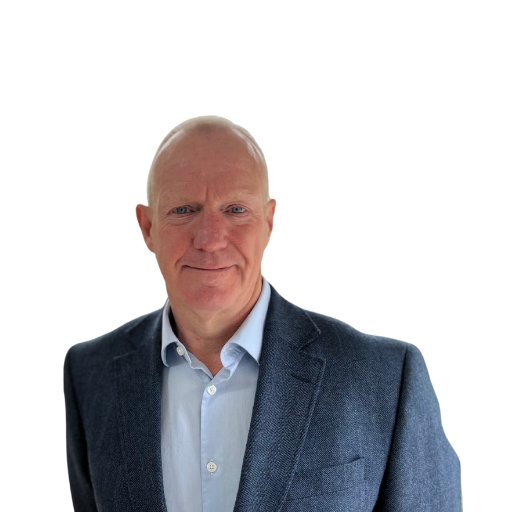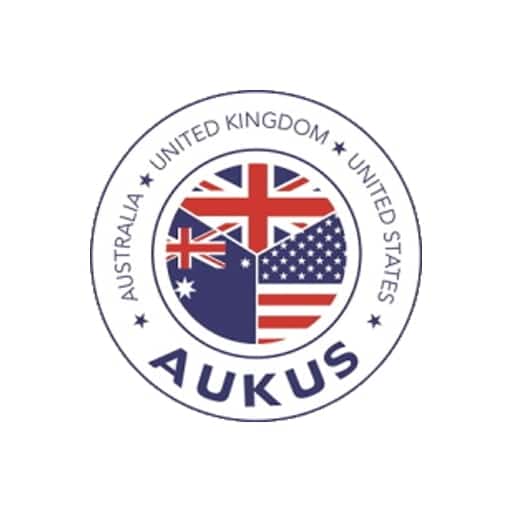Kyndryl (NYSE: KD), the world’s largest IT infrastructure services provider, in collaboration with Microsoft, today released the Australian findings of the Global Sustainability Barometer study. This report assesses the gap between sustainability commitments and organisational action, and how sustainability initiatives can serve as catalysts for innovation, growth, and enhanced competitiveness.
As the world faces an increase in climate-related events and challenges, there is an urgency among businesses to act with 88% of organisations placing a highly strategic level of importance on achieving their sustainability goals. While 72% of organisations see great significance in technology’s role to reach their goals, only 32% believe they are making full use of it in their organisation. This subset of mature sustainability organisations is going beyond setting goals and driving education to implement solutions for change.
“Despite an overwhelming majority of Australian businesses making climate pledges, our research highlights that many lack robust sustainability frameworks and assessment tools to accurately track their progress towards set targets,” said Faith Taylor, Chief Sustainability and ESG Officer at Kyndryl. “The companies that are making progress are those with strong governance frameworks that support their objectives, capitalising on the ability technology gives them to establish actionable and measurable sustainability strategies. By leveraging data insights and AI, forward-looking businesses can reduce environmental risks, bolster operational resilience, empower employees to drive change, and create greater value for their customers.”
As climate regulation becomes a top priority for Australian government organisations and consequently, the business community, the study, conducted by research firm Ecosystm, outlines the three core elements organisations need to implement a successful sustainability program: strategy, people and technology. Among these, technology, and specifically artificial intelligence (AI), stands out as a game changer. By embracing predictive AI to support sustainability strategies, businesses can make enhanced data-driven decisions, reduce risks, increase resource efficiency, and bolster their overall sustainability efforts.
Key Australian highlights of the survey include:
- 78% of Australian organisations use AI to monitor energy use and emissions and 54% use AI to highlight opportunities for lowering the carbon footprint.
- Among stakeholders, employees (59%) are the most vocal in advocating for sustainability policies and practices, followed by customers (57%), investors (56%) and government regulators (33%).
- Organisations acknowledge that employee awareness is a highly impactful sustainability measure, but only 17% of organisations indicate that their employees are aware of the organisation’s sustainability goals and have established sustainability-related employee KPIs that drive measurable impact.
Drivers to Building a More Sustainable Organisation
According to the survey, only 13% of organisations have prioritised incorporating data-driven sustainability goals in their corporate and transformation strategies. Below are some of their sustainability best practices for driving growth and improving business outcomes:
- Sustainability is becoming a CEO and Boardroom priority. With over 60% of Sustainability Officers reporting to the CEO and the CEO defining the vision of sustainability programs in 90% of organisations, it is clear that sustainability has become a priority for top leadership across Australian companies. However, organisations need to also ensure they align sustainability initiatives with Finance and Technology stakeholders for greater synergy with financial goals, and for seamless sustainable operations and reporting.
- Align sustainability with technology modernisation. Technology primarily serves to automate sustainability reporting processes today. However, it can also be applied to assess the carbon footprint of IT estates – from cloud computing to data centre operations – to enable more sustainable platform choices and lower energy consumption.
- Build a Strong Data Foundation. Build a trusted data foundation and architecture for accurate data acquisition and analysis, from the point of creation to the time of consumption, enabling higher quality data and improved reliability in reporting.
- Unleash AI for Predictive Sustainability. Expand the use of AI beyond reporting and embrace predictive analytics to assess Scope 3 risks, forecast energy consumption and develop strategies to anticipate potential risks such as natural disasters, to enhance organisational agility and resilience.
- Empower Employees. Go beyond education and awareness-raising efforts to empower employees to actively contribute to sustainability objectives, and quantify the positive impact driven by their workforce.
“As extreme weather events become more frequent across Australia, the influence of climate change on every aspect of society, including business continuity, is undeniable,” said Ullrich Loeffler, CEO, Ecosystm. “While debates on mandatory climate disclosure continue, proactive organisations are preparing for the future, embracing change for a greener future. This research, in partnership with Kyndryl and Microsoft, aims to provide organisations with an actionable strategy to accelerate their sustainability impact.”
The Global Sustainability Barometer study, conducted by Ecosystm in collaboration with Kyndryl and Microsoft, was conducted among 1,523 technology and sustainability business leaders across 16 countries in Asia, EMEA and the Americas. The survey took place between September – October 2023. The survey was conducted across nine industries and included small to medium as well as global companies. Learn more about the study, “From Vision to Impact: The Global Sustainability Barometer.”




